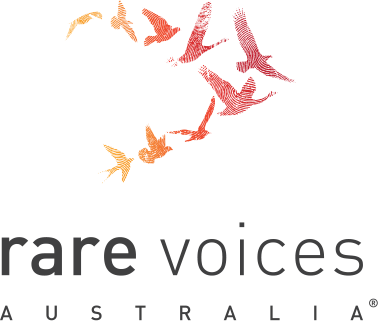Congenital Myasthenic Syndromes (CMS)
IMPORTANT INFORMATION
The information on the Rare Awareness Rare Education (RARE) Portal is intended for educational purposes only and does not replace professional advice.
Rare diseases typically display a high level of symptom complexity and variability. Individuals diagnosed with the same rare disease may be impacted differently and each person’s experience is unique. Please seek support from qualified healthcare professionals to learn more about the most suitable care and support options for you.
This page is currently under development.
For more information on this disease, please refer to:
- Myasthenia Alliance Australia
- Myasthenia Gravis Association of Queensland Inc
- Myasthenia Gravis NSW
- Genetic and Rare Diseases (GARD) Information Center – Congenital Myasthenic Syndromes
Quick Page Search:
Emergency Management | Clinical Care Guidelines | Synonyms | Summary | Personal Stories | Symptoms | Cause/Inheritance | Diagnosis | Treatment | Clinical Care | Research | Rare Disease Organisation(s) | Support Services/Resources | Mental Health | Other | References
